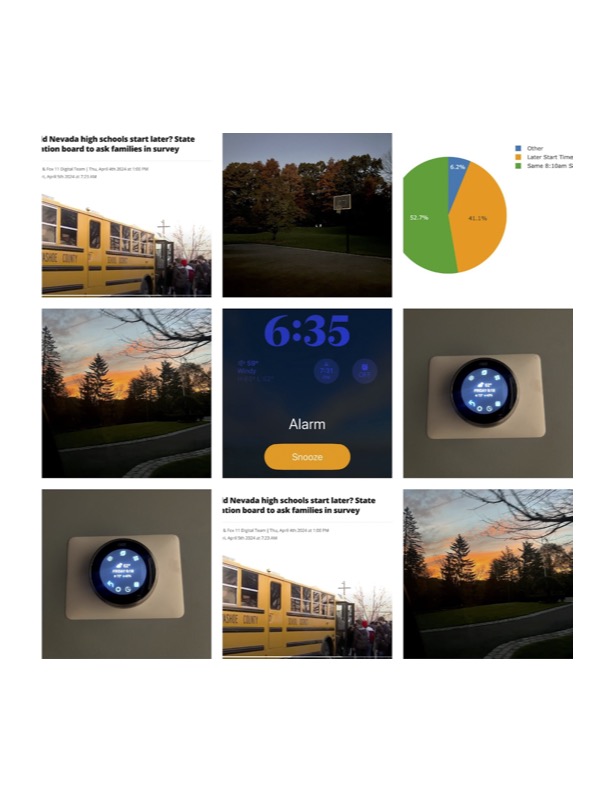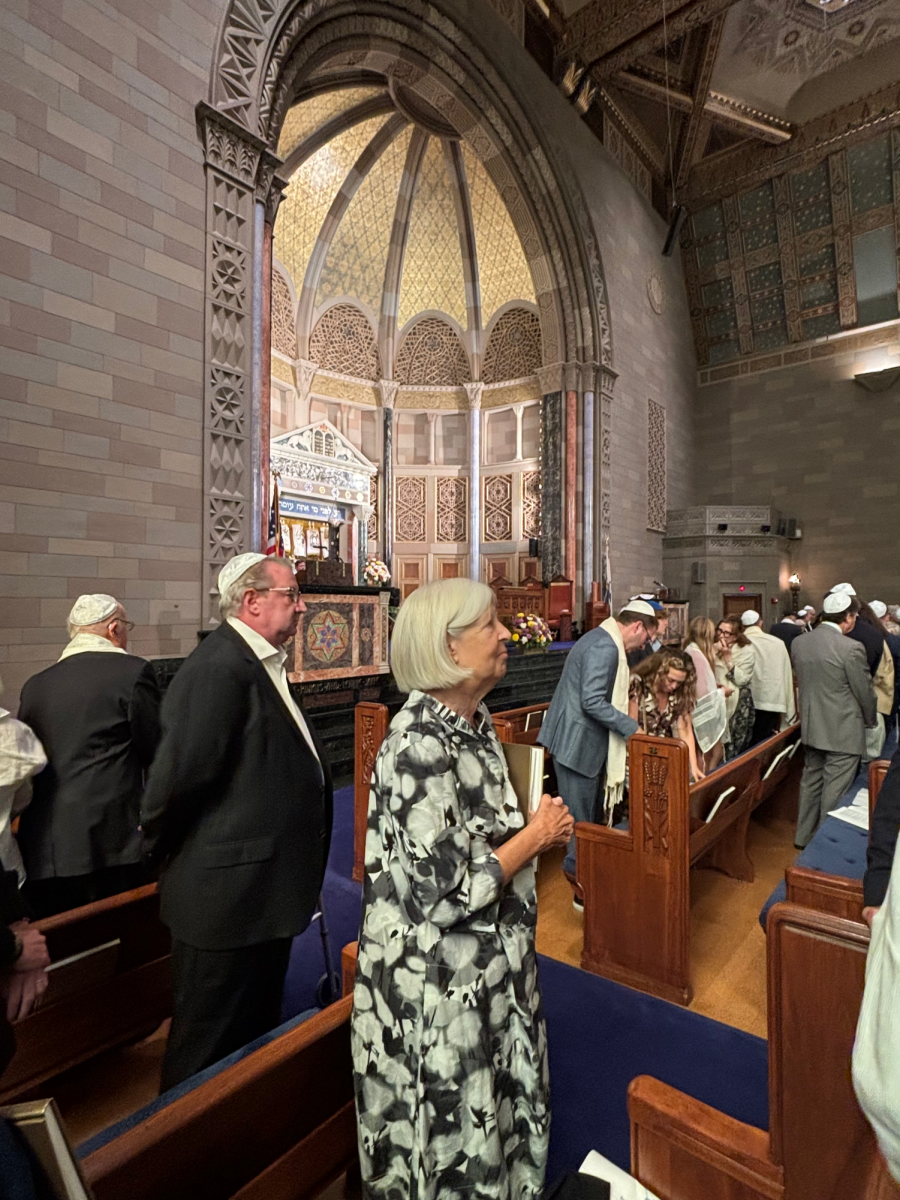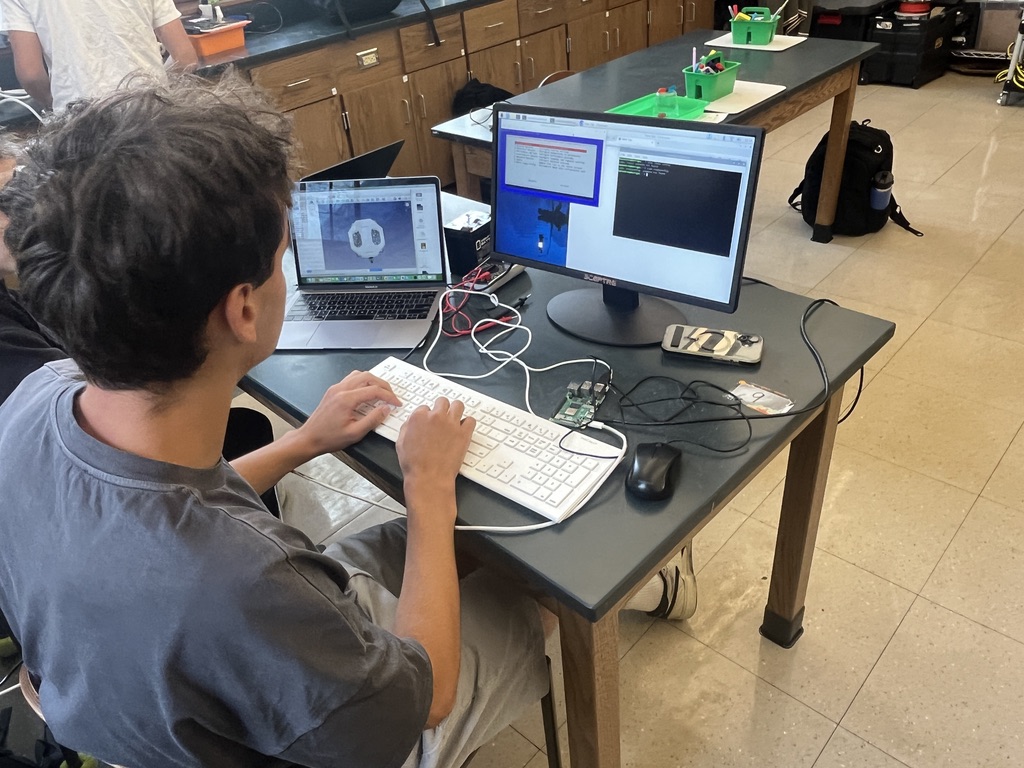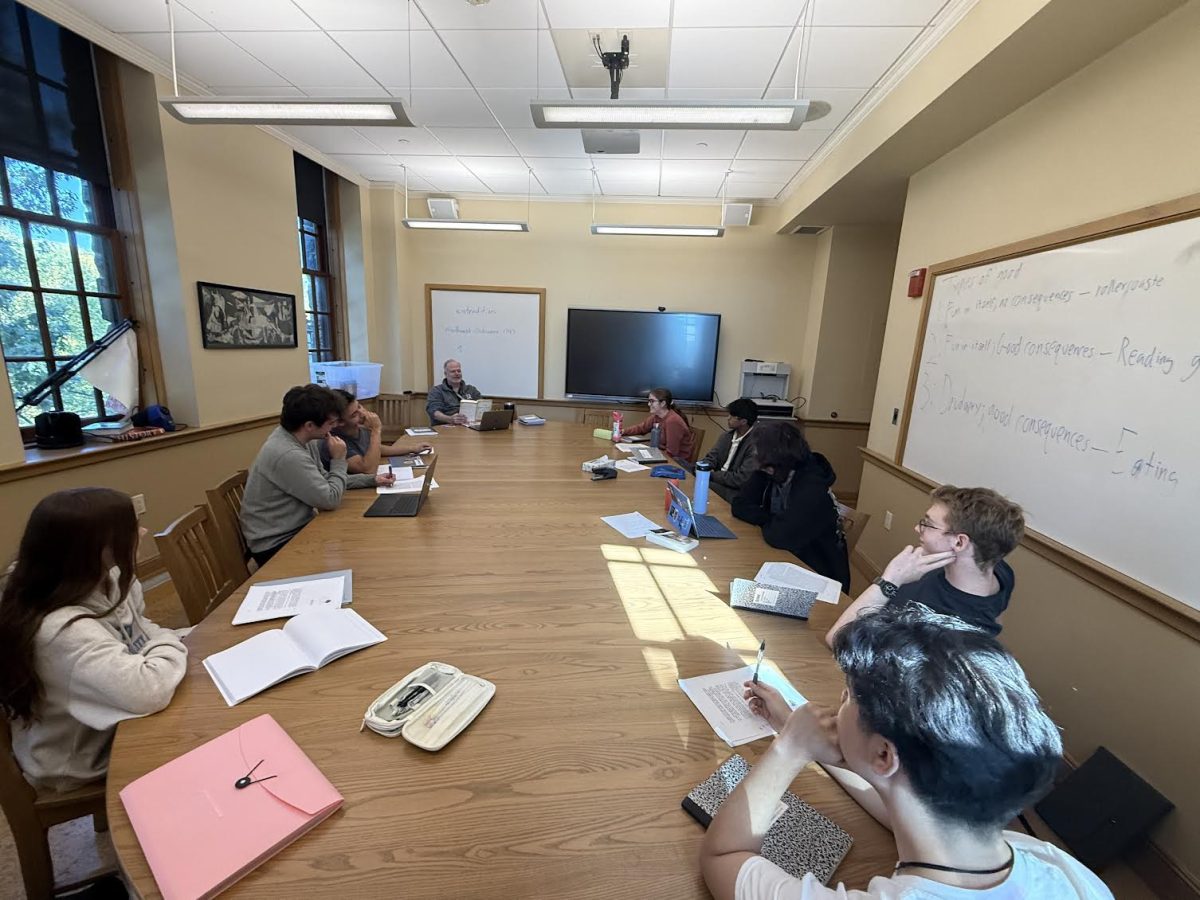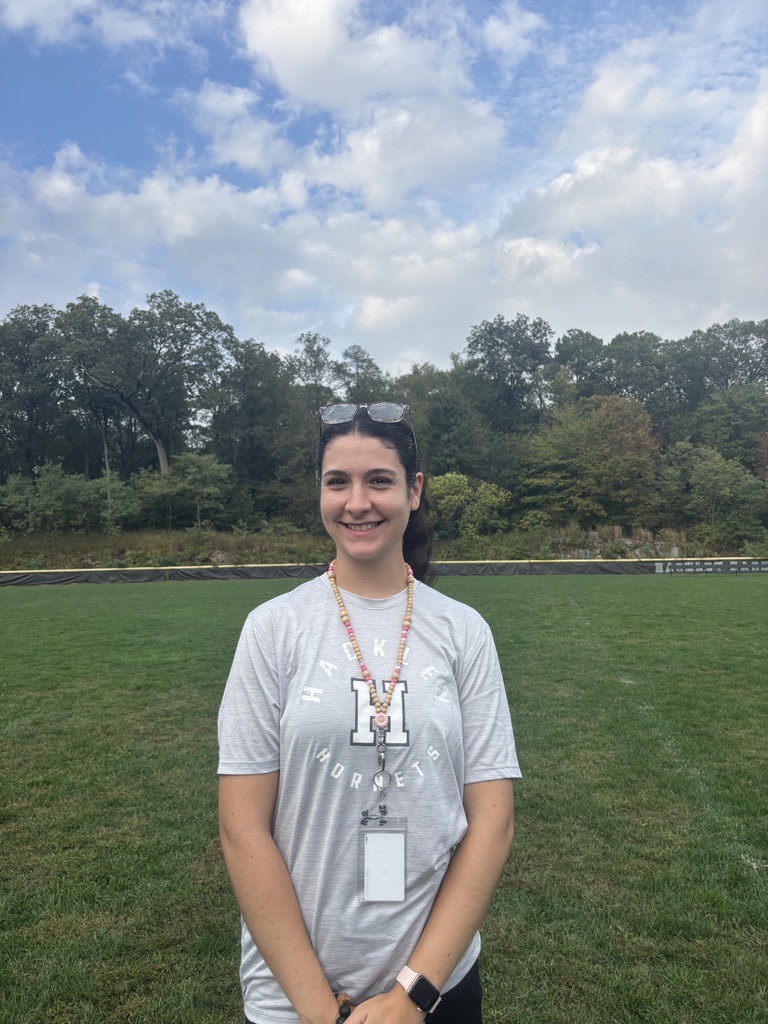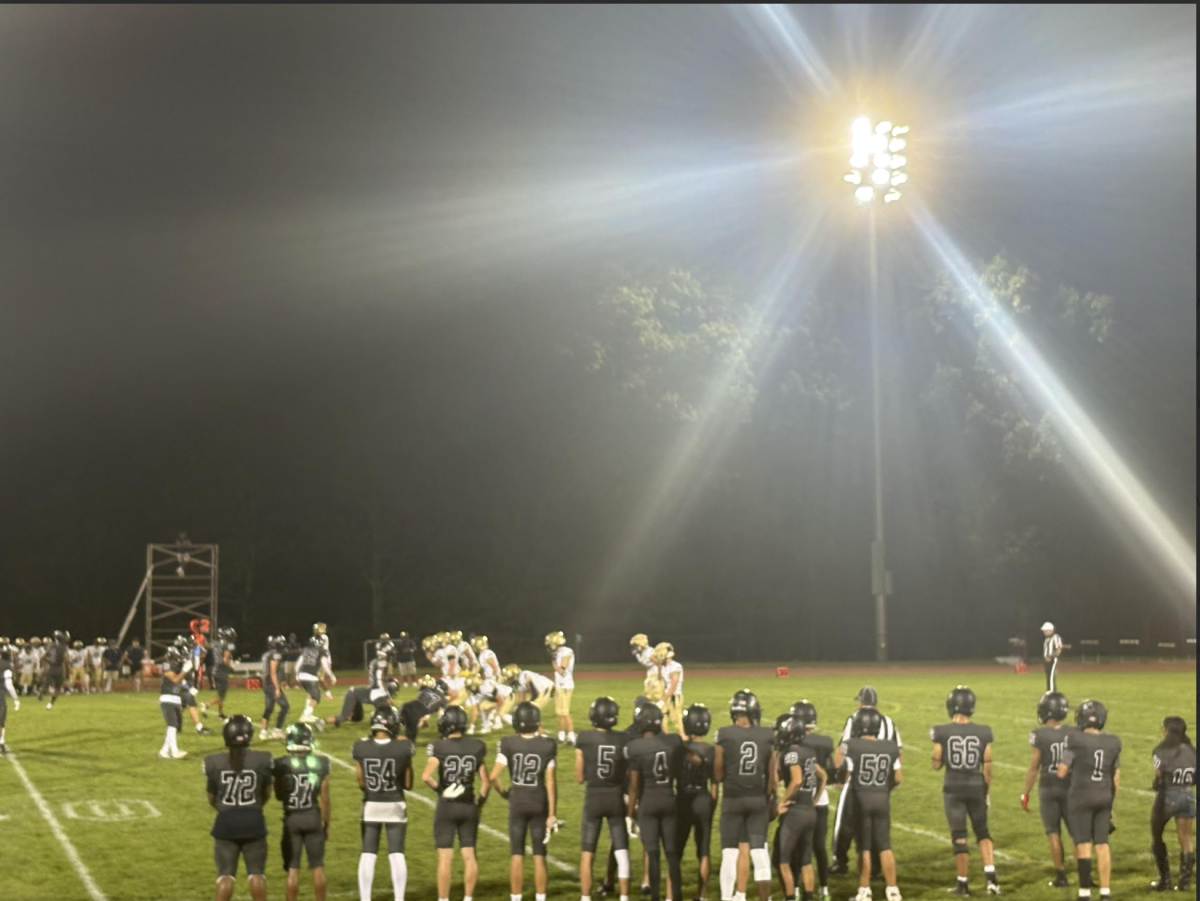“Asking a teenager to be awake and trying to absorb information at 8:30 in the morning in some ways is like asking an adult to wake up at 4 o’clock in the morning,” Matthew Walker, a University of California, Berkeley, neuroscience professor, told NPR.
Over the past few years, state representatives all over the country have gone back and forth in the debate discussing the regulation of school start times. Recent studies have also contributed to the debate by providing many benefits and disadvantages to later start times in schools. But the question many Hackley students wonder is why we aren’t considering a later start time.
Kyla Wahlstrom, a senior research fellow and lecturer at the University of Minnesota, estimates that 1,500 individual school districts across the country have recently moved high school start times to approximately 8:30 a.m. which is the earliest start time recommended for high schools and middle schools by the National Education Association.
In 2022, California passed a law requiring High Schools to start no earlier than 8:30 a.m. Since then, Florida overwhelmingly passed a law this year with similar requirements, which schools must meet by July 2026. Across the country overall there have been many recent changes toward later start times.
In contrast, lawmakers in Connecticut, Maine, Massachusetts, New Jersey, New Mexico, New York, Oregon, and Texas all intended to pass similar bills requiring later start times, according to Start School Later, an advocacy group that tracks these bills. However, most bills didn’t pass due to worries about creating inconvenience in family schedules and bus routines.
Closer to campus, many schools similar to Hackley have been influenced by the recent trend of changing to later start times. The Rye Country Day School shifted their start time to 8:30 a.m. this year along with Fieldston, who plans to change their start time for the next academic year. “I wish that were me. It seems like those schools are really looking at the statistics and looking out for their students,” said junior Zariah Stewart.
In contrast, junior Kayce Park has doubts about a later start time. “I would rather start early and end my school day early,” she said. With sports and extracurriculars ending as late as 7 p.m. for some, later start times could affect their daily routines in a negative way.
Mr. Arnold approves of the idea of a later start time but also emphasizes the adjustments that would need to happen for it to work. “If we have less time during the school days, we would need to consider a shorter summer break or even school on weekends,” he said.
In a Dial poll of Upper School students, 52.7% of respondents actually preferred to start at the same 8:10 a.m time. Many noted that they would dread having to end later because extracurriculars would then end later in the day.
Some also believe adjusting workload should be a greater focus rather than delaying people’s daily routines.
“Instead of later start times we should have less homework so we can go to sleep on time and get good rest,” said junior Zariah Stewart.
In the poll, many agreed with Zariah’s opinion and indicated the desire for less homework rather than a later start time. What students may not know is the new schedule that debuted this school year was built to accommodate less homework for students. With fewer class periods during the day, the aim was for students to only have a few subjects worth of homework rather than homework from every class every night. Even with the change of schedule, however, many students are not experiencing the benefits that the schedule is supposed to provide and still emphasize the need for less homework every night.
“I don’t think it has given me less homework because my teachers often give homework when we don’t meet for class.” said junior India Davis-Hannesian.
In addition to wanting less homework to leave time for rest, some noted that we should have wellness days or community times allotted to relaxing or doing fun activities.
With schools across the country adjusting to later start times, it’s important to note the main reasons for the shift and the true benefits of later start times.
Research has shown that students will not work efficiently if asked to be in a classroom setting as early as 8 a.m..
“Me and a lot of my peers definitely find it to be hard to focus and learn during the first and second classes of the day because it’s just too early,” said junior Lucia Butterfield.
Numerous studies conducted by the Federal Center for Disease Control and Prevention have concluded that later start times are healthier for kids, reduce juvenile crime, improve grades, boost sports performance, and increase attention. Also, later start times and increased sleep have been associated with benefits relating to memory, learning, attention, emotional regulation, mental health, and weight control.
“The data seems unanimous:, we should let kids have more sleep,” said Lucia.
In addition to increased sleep, studies have proved that later start times in schools also prevent sleep and drowsiness-related car accidents. A study conducted by the Virginia Department of Motor Vehicles analyzed traffic patterns and car crashes in school districts with a 7:20 a.m. start time and an 8:45 a.m. start time. Results show that the school day crash rate for teen drivers was much higher in the county with the 7:20 a.m. start time. These teens were involved in more than 520 car accidents per school year.
“That is very concerning to me. I think it shows why everyone would be better off with a later start time, especially since the majority of our community commutes,” said junior Bella Barriera.
“Especially on Benedict there is a lot of potential for crashes being a narrow road and I have even seen a few in the past which have scared me,” said Kayce.
Altogether, later start times have been proven to allow more sleep for adolescents and increase the safety of student drivers on the road.
With the shift to later start times in many schools across the country, many students on the Hilltop have varying opinions on whether or not we should consider a later start time as a school. The research points to later start times providing a safer, healthier, and more efficient learning environment. However, many believe there is an inconvenience in pushing back our community members’ daily routines and extracurriculars to later in the day.

